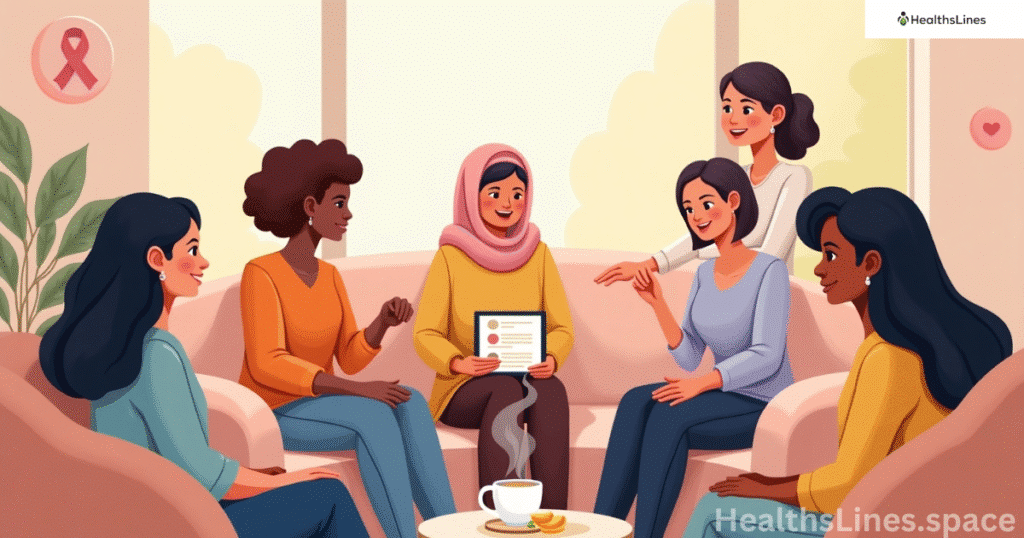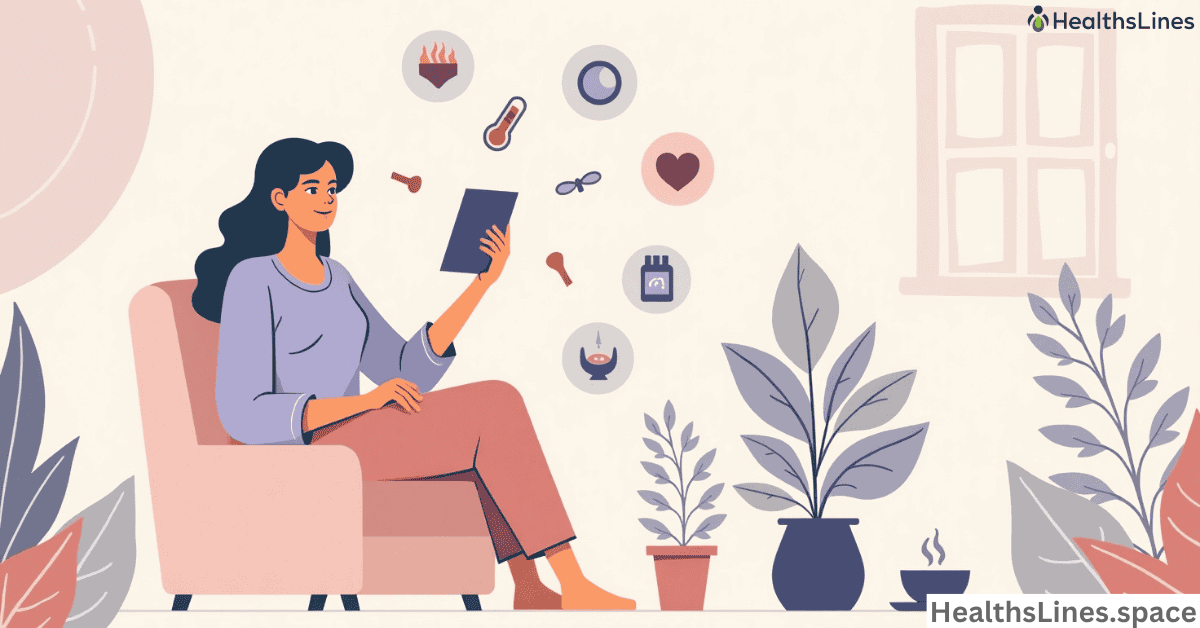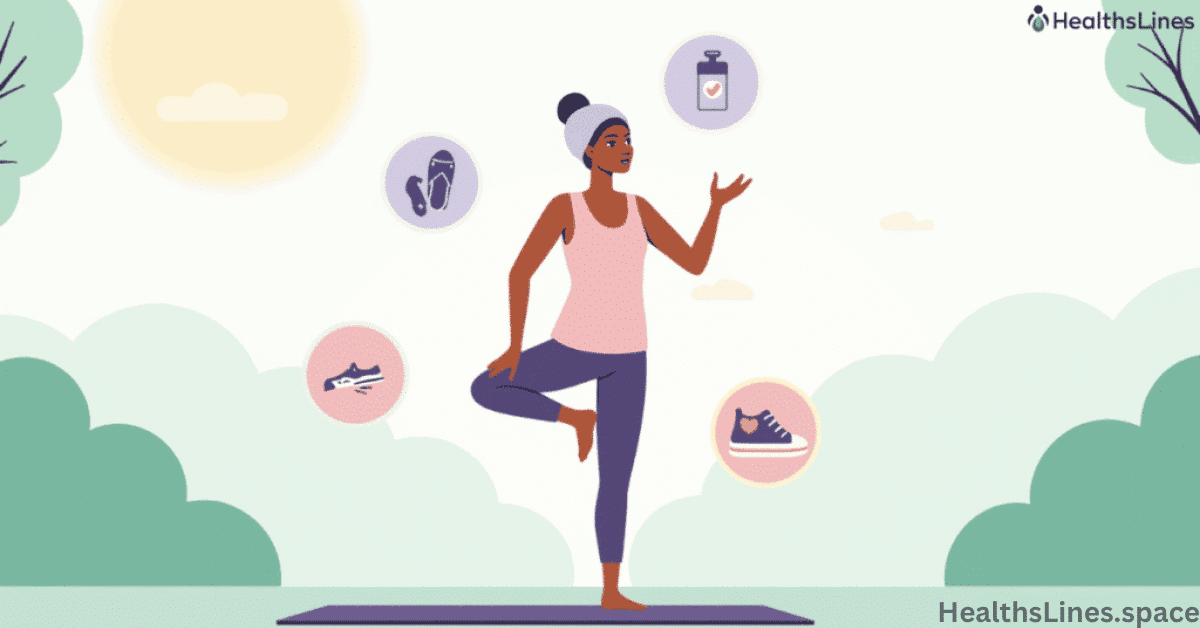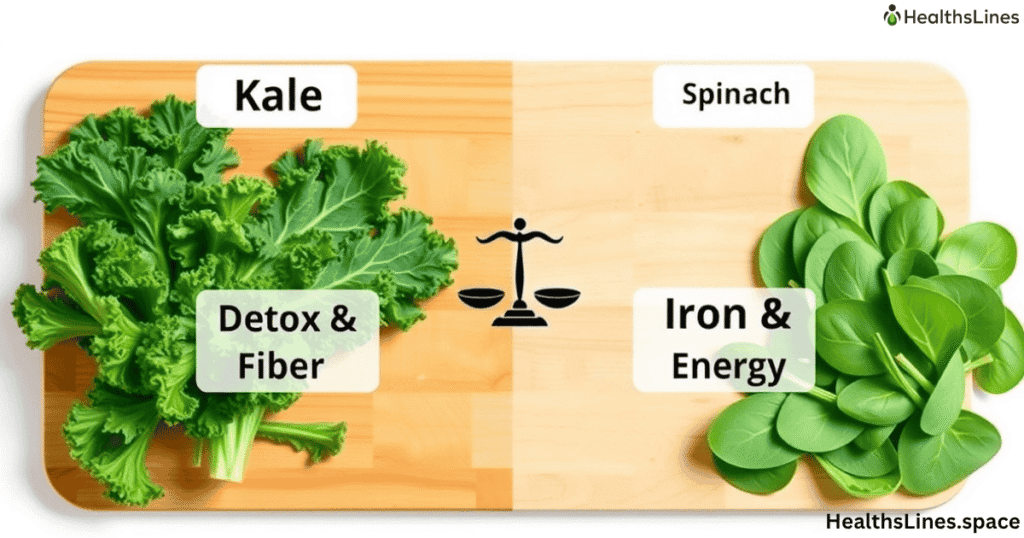Introduction: The Day My Life Changed
Getting a breast cancer diagnosis feels like stepping into a different reality. One moment, life is normal, and the next, you’re sitting in a sterile room, trying to process words like “breast tumors” and “mammogram”. For me, it all started with a routine checkup. I wasn’t expecting anything unusual. But then, the doctor felt a lump during the physical exam.
I remember the moment vividly. The room seemed colder, and my thoughts raced. The doctor spoke calmly, explaining that a biopsy was necessary. I left the clinic feeling numb, clutching the paperwork as if holding it tighter would make it less real. The wait for the results was agonizing. I kept telling myself it was probably nothing, just a benign breast lump. But deep down, I knew life might never be the same.
Facing the Unknown: Navigating the Diagnosis
When the call finally came, it felt surreal. The voice on the other end was compassionate but straightforward. It was breast cancer. I heard the words, but it took time to sink in. I had always associated cancer with other people, not myself. Suddenly, I was thrust into a world of oncologists, treatment plans, and medical jargon I barely understood.
One of the hardest parts was understanding the diagnosis itself. The biopsy revealed it was triple-negative breast cancer, an aggressive form that doesn’t respond to hormonal therapy. I didn’t know what that meant initially, but I soon learned that this type requires more intensive treatments like chemotherapy and radiation therapy. I felt overwhelmed, but the medical team was patient, guiding me through each step and helping me make sense of the situation.
The Emotional Rollercoaster: Fear, Hope, and Resilience

The days that followed were filled with a whirlwind of emotions. I was terrified. I couldn’t stop thinking about what the future held. Would I survive? What would happen to my family if I didn’t? Every thought seemed darker than the last. But amidst the fear, there was a flicker of hope. I wasn’t alone. Friends and family rallied around me, offering words of encouragement and practical help.
Finding breast cancer support services made a significant difference. I joined a local group where women shared their stories and coping strategies. Listening to survivors talk about their battles with cancer recurrence gave me strength. I realized I didn’t have to go through this alone. Their stories reminded me that while breast cancer is daunting, it doesn’t have to be faced in isolation.
Treatment Decisions: Choosing My Path Forward
Deciding on a treatment plan felt like walking through a maze. After the breast cancer diagnosis, there were so many options, each with its own set of pros and cons. My oncologist explained that because of the aggressive nature of my breast cancer, the best approach was a combination of chemotherapy, radiation therapy, and surgery. I considered joining breast cancer clinical trials to access new therapies, but ultimately, I wanted the most proven treatments available.
After thorough discussions and a second opinion, we decided to start with chemotherapy to shrink the tumor, followed by surgery. The idea of chemotherapy terrified me. I had seen movies and heard stories of its harsh side effects, but my doctor reassured me that with personalized medicine breast cancer treatments, the side effects could be managed better than in the past.
| Treatment Option | Purpose | Side Effects |
| Chemotherapy | Shrinks tumor before surgery | Hair loss, nausea, fatigue |
| Surgery | Removes cancerous tissue | Pain, scarring, possible lymph node removal |
| Radiation Therapy | Destroys remaining cancer cells | Skin irritation, fatigue |
Surgery and Recovery: My First Major Hurdle
Walking into the hospital on the day of my surgery, I felt oddly calm. I had prepared myself mentally. I knew that this was just one step on a long road. The surgery itself went smoothly. When I woke up, the fog of anesthesia made everything hazy. As I became more alert, the reality hit—part of me was gone. The emotional toll was heavier than the physical pain.
The recovery process was challenging. I had to learn to navigate daily life differently. Simple tasks like showering and dressing became daunting. The physical pain was manageable, but the emotional journey was harder. Support from loved ones made a world of difference, reminding me that I wasn’t defined by my surgery or scars.
The Long Haul: Chemotherapy and Radiation
Chemotherapy was as grueling as I had imagined. The fatigue hit me like a tidal wave, and losing my hair felt like losing part of my identity. I tried to focus on the positives. I reminded myself that every infusion was a step closer to being cancer-free. Radiation came next, and though less intense, it left my skin raw and tender.
Throughout this phase, I leaned on breast cancer resources to understand how to manage side effects. Integrating integrative oncology breast cancer techniques like meditation and gentle exercise helped me cope. Some days were harder than others, but the unwavering support from my community kept me going.
Support Systems: Finding My League

During my journey, I learned the importance of building a support system. I found comfort in talking to other survivors and sharing our stories. One woman in my support group had faced breast cancer recurrence but remained optimistic. Her courage inspired me to keep fighting, reminding me that resilience isn’t just about surviving—it’s about living fully despite challenges.
After Breast Cancer Diagnosis my family played a vital role, too. My partner became my caregiver, managing household tasks when I was too weak. Friends brought meals, sent uplifting messages, and never let me feel isolated. I also discovered online forums where women discussed everything from immunotherapy breast cancer treatments to coping with breast cancer survivorship. These connections kept me grounded and hopeful.
Life After Treatment: The New Normal
Once the treatments ended, I felt a mix of relief and fear. Was it really over? I struggled with the anxiety that comes with remission, constantly worrying about recurrence. I knew I had to find a way to embrace life without letting fear overshadow it. I started focusing on breast cancer prevention and lifestyle changes to reduce breast cancer risk factors.
Regular check-ups are part of my routine now, and I’m more mindful of my health. I’ve also become an advocate for breast cancer awareness, sharing my story to encourage early detection. Knowing that my experience might help someone else brings a sense of purpose I didn’t expect.
What I Want Others to Know
If you’re facing a breast cancer diagnosis, know that it’s okay to feel scared. But also know that you’re stronger than you think. Seek out breast cancer support services, and don’t hesitate to ask for help. Early detection matters, so don’t skip those routine checks. Your story can inspire others, just like the survivors inspired me.
Conclusion: A Story of Survival and Hope
Looking back, I realize that my journey wasn’t just about surviving breast cancer. It was about finding strength in vulnerability and hope in the darkest moments. I’m grateful for every person who stood by me and every healthcare professional who guided me through the chaos. My story isn’t unique, but it’s mine—and sharing it means embracing life, scars and all.












